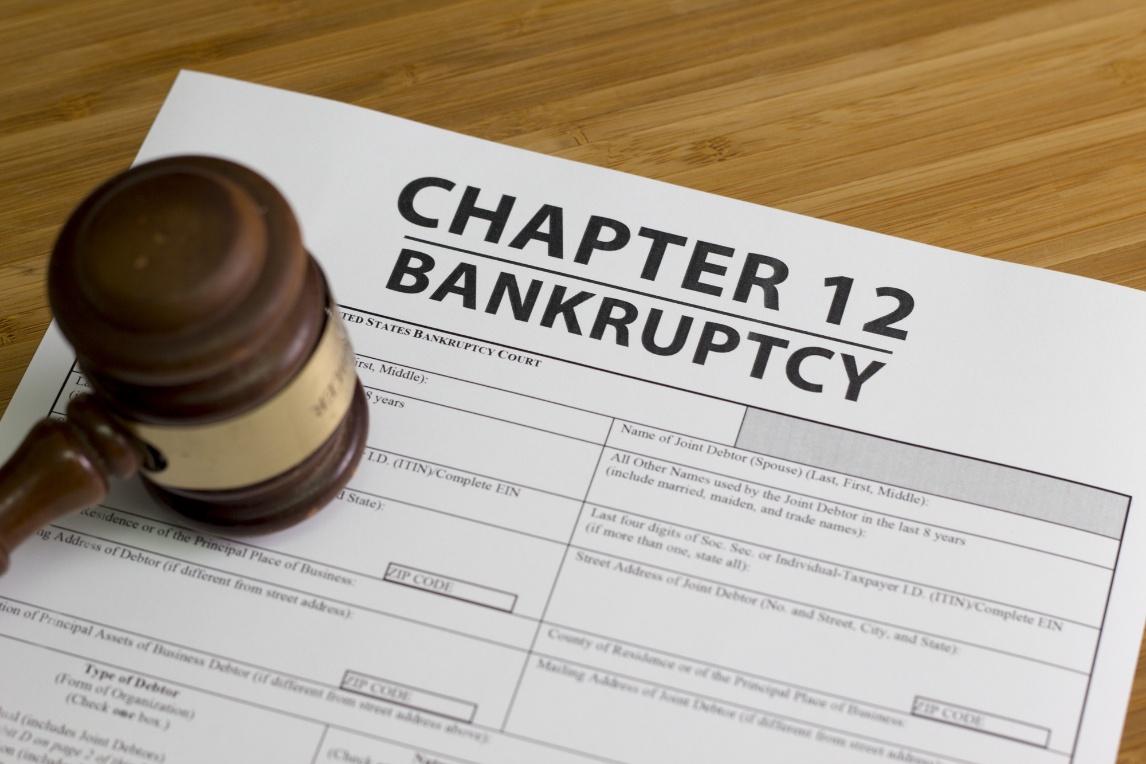Filing for bankruptcy is an emotional and complicated process. It involves much more work than you may realize, and can have serious effects on your finances for several years.
You have to figure out if bankruptcy is the right option for you, based on your personal situation. You need to review information on what bankruptcy can and cannot do to help improve your current circumstances. You also need to find the best bankruptcy trustee that is trustworthy and ready to help you with your financial situation.
What are the advantages of filing bankruptcy? Keep reading to find out.
An Automatic Stay Against All Creditors
Once you have filed your bankruptcy petition, the court issues a stay against any debt collection activity. This doesn’t cancel your debt, but it will suspend debt collection proceedings until the case is complete, or the stay is removed.
What does this mean?
The stay means you don’t have to worry about:
Property repossession
Letters or calls from debt collectors
Home mortgage foreclosures
Wage garnishments
Lawsuits filed against your debts
If you have a creditor who attempts to collect a debt from you after the court grants the automatic stay, your bankruptcy attorneys can file a contempt of court action against them.. When this happens, the court will make them stop all collection attempts, levy a fine against them, or require they pay you damages.
While this is beneficial, there are some things that an automatic stay cannot stop.
These include:
Government tax audits
Criminal proceedings
Establishment of paternity
Modifying, collection, or establishment of child support or alimony
Co-signers or co-debtors
If you have filed for bankruptcy once in the past year, you can petition the court for an extension of your first automatic stay. However, if you have filed more than once in the past 12 months, then the automatic stay will not be effective unless there is an order issued from the court.
Improved Ability to Access Banking and Credit
Many people begin searching for bankruptcy and debt help when their bills are out of control, and they are no longer able to access new lines of credit. When this happens, the goal is to improve their financial situation, and slowly grow their ability to receive loans and credit.
Many will begin to rebuild their credit directly after filing by using secure credit cards, becoming an authorized signer, or getting a co-signer. You will also look more attractive to lenders after filing for bankruptcy because you no longer have a large amount of debt.
It also means you can’t file for bankruptcy again soon. This means you’re more likely to pay off the debt you have with a new creditor.
Maintain Ownership of Your Personal Property
If you can “exempt” an asset from your bankruptcy filing, it means you don’t have to worry about it being taken during the bankruptcy proceedings. These exemptions play a crucial role in both Chapter 7 and Chapter 13 bankruptcy.
Some exemptions protect up to a specific dollar amount of your asset, but sometimes they cover the asset’s entire value. Some of the most common exemptions used include those for wedding rings and vehicles, while others can be used for any property that you own.
Improved Credit Score
If you file for a Chapter 7, you likely have a credit rating that is below 600. When you erase your debts through bankruptcy, you have a clean slate, which will help you improve your credit rating.
After you receive a discharge, there are several methods you can use to begin rebuilding your credit. Some of the most popular include:
Sticking to a budget
Becoming an authorized user on another person’s card
Using a secure credit card
Each of these options can help you increase your credit rating after bankruptcy, and help you create a better financial future.
Dischargeable Debts
When you file for bankruptcy, you may be able to cancel or discharge your responsibility to repay the debts included. A dischargeable debt is one that can be eliminated through the bankruptcy process.
Some of the most common examples of dischargeable debts include personal loans, utility bills, medical bills, and credit card debt.
When to Avoid Filing for Bankruptcy
While bankruptcy can help in many situations, if you file at the wrong time, it may make an already bad financial situation worse. If you file too early, it may mean you lose the property you would have had otherwise, or that you file a type of bankruptcy that isn’t right for your situation.
Keep in mind, even if bankruptcy is the best option for your financial situation, there are some real and lasting effects you need to consider.
Some of the potentially negative consequences of filing for bankruptcy include:
Job and housing stigma
Loss of your current credit cards
Non-dischargeable debts
Issues getting a mortgage
Denial of tax refunds
Immediate negative marks on your credit report
Understanding both the pros and cons of filing bankruptcy can help you determine if it is right for you.
What Are the Advantages of Filing for Bankruptcy? Now You Know
Now you have the answer to, what are the advantages of filing bankruptcy? The information here should help fill in some of the blanks. While making this decision can be tough, the sooner you seek help, the better.
It is a good idea to consult with several bankruptcy attorneys and get a few different takes on your situation. You may discover filing for bankruptcy isn’t the only option you have.
You can also learn more about filing bankruptcy and other financial matters by visiting our blog.



